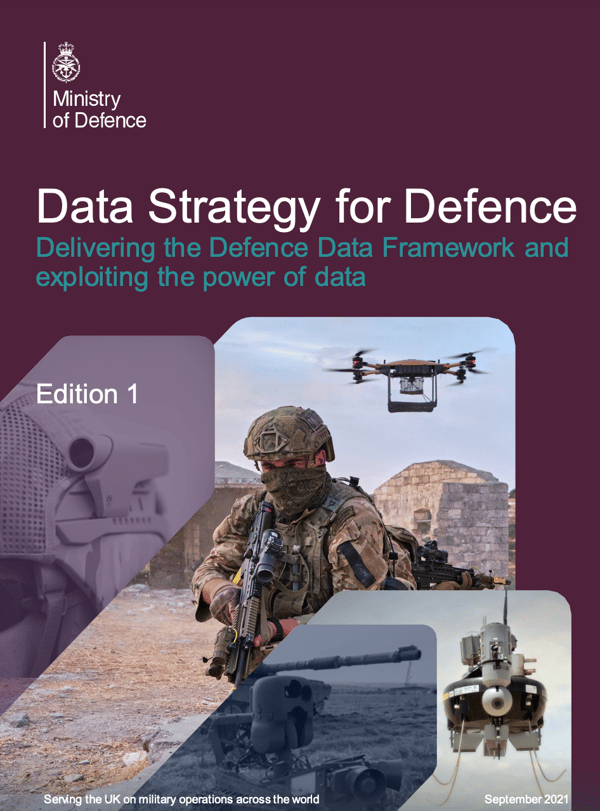Covid accelerates enterprise data use, says survey
New research by Censuswide, in collaboration with technology company Splunk, has found that organisations have been spurred on to embrace the Data Age by the impact of Covid-19 - with a majority of businesses seeing an acceleration in the use of data in their operations. This has gone hand-in-hand with a fall in confidence in IT infrastructure resilience.
Of the 803 survey responses - over three-quarters of organisations in the UK (77%) believe that COVID has accelerated the way they use data in their operations. This is ahead of Germany (64%) and the Netherlands (61%).
Those surveyed also said the uptick in usage will help ensure future success with a majority of UK organisations (80%) saying it will help drive innovation with some improvement (68% in Germany and 80% in the Netherlands).
Before the pandemic, responsibility for managing and using data was typically seen as the domain of the IT function – whether to combat security threats or avoid downtime – but it is now being viewed as a strategic company asset for planning and decision making.
Three-quarters of European organisations said it was being used for more regular monitoring of performance metrics within the business (73%) and to examine customer data more closely (69%), while a similar number (72%) said it was now helping to plot trends in order to inform new business developments.
 Frederik Maris, Vice President of EMEA, Splunk said:
Frederik Maris, Vice President of EMEA, Splunk said:
The research also shows that there is no room for complacency within the IT function itself and it needs to use data more to ensure the technology infrastructure it provides for services like remote working is always available.
There has been a sharp fall in confidence levels related to infrastructure resilience with a quarter of UK businesses surveyed (24%) saying they lacked confidence in their IT infrastructure during the pandemic, compared to only 7% before – a three-fold increase.
Consumer attitudes
While the research highlights that businesses are embracing the Data Age to survive COVID disruption, it’s clear that the Data Age for consumers will be characterised by high standards regarding their data:
-
Banks are seen as a safe bet for sharing personal details. In the UK and France, when it comes to personal data such as their email, people are more likely to trust their bank (68%) than their partners (UK 60% and France 66%) or parents (UK 48% and France 58%).
-
British consumers are three times more likely to give their email address to a bank (68%) than to a company manufacturing smart (IoT) devices (19%).
-
Less than half of French consumers would tolerate a data breach by a business, whereas 60% of Brits and 66% of Germans would be more understanding, jumping to three quarters of Dutch people.
-
When given the choice of a more personalised service – like a news feed – over a free, generic service with non-targeted advertising, half of Brits (50%) would take the generic option. Only 16% would prefer a data-driven (personalised) service.






